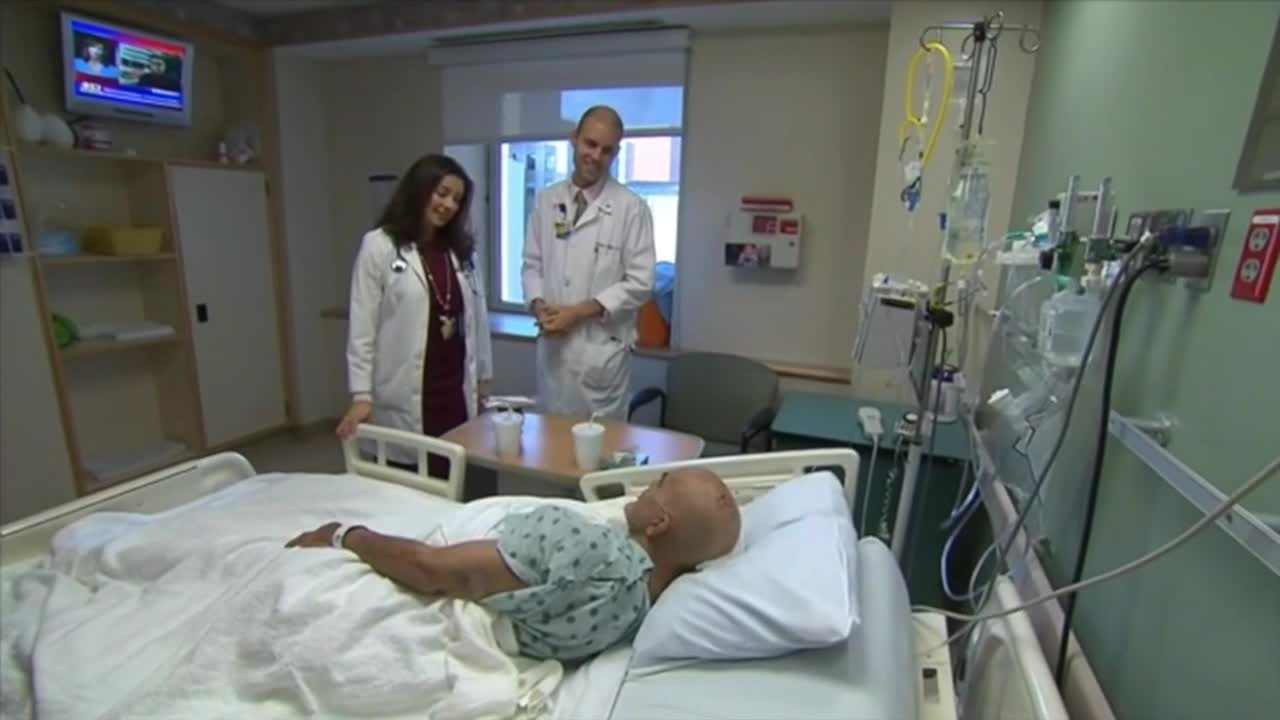AURORA, Colo. — The U.S. Department of Education will no longer recognize nursing as a professional degree, limiting student loan access for borrowers seeking higher degrees in nursing.
“The federal rule change really affects the ability for nurses who are intending to go back and get a graduate degree in nursing. It affects their ability to borrow money to go to school, and that cap on student loan borrowing really does affect the workforce pipeline into nursing and nurse practitioners, nurse midwives, CRNAs — are the graduate-prepared clinicians that perform a lot of the key functions in healthcare in the United States today,” Denise Smith, assistant professor in the College of Nursing at the University of Colorado Anschutz said.
A 1965 federal law defining professional degrees does not name nursing, but past presidential administrations have interpreted the law to include nursing.
According to USA Today, the Trump administration’s decision means the new loan limits for graduate nursing programs would be $20,500 a year and $100,000 in total. Students pursuing degrees classified as professional could receive $50,000 annually and would be capped at $200,000.
“Nurses are often your primary care provider — the person providing anesthesia during your surgery, attending to you when you're in the hospital," Smith said. "So this rule change — and really it's a reinterpretation of the rule — will have a negative impact on the growth of nursing and potentially could affect your ability to access care. Over the last five years, we've really had to work hard at bringing people into the profession, and we're chronically faced with a nursing shortage in the United States. It's very hard work. It's very physical work. It's mentally demanding. It requires a lot of you to train to be a nurse.”
Smith said regardless of the new interpretation of the rules, nurses earn professional degrees but she worries about the message this sends.
“I think when you're a nurse, your initial reaction is just feeling devalued, you know? We do an important job day to day. You know, most people, when they interact with the healthcare system, the nurse is the face of healthcare in this country,” Smith said.
The American Nurses Association’s President recently released a statement which reads in part:
“At a time when healthcare in our country faces a historic nurse shortage and rising demands, limiting nurses’ access to funding for graduate education threatens the very foundation of patient care. In many communities across the country, particularly in rural and underserved areas, advanced practice registered nurses ensure access to essential, high-quality care that would otherwise be unavailable. We urge the Department of Education to recognize nursing as the essential profession it is and ensure access to loan programs that make advanced nursing education possible.”
But nursing isn’t the only degree impacted by this move. Other careers would see impacts too, including:
- Physician assistants
- Physical therapists
- Audiologists
- Architects
- Accountants
- Educators
- Social workers
Higher education funding changes are scheduled to take effect in July 2026.





